Tableau 2024.2
Einstein Copilot for Tableau, Multi-fact Relationships, Viz Extensions, and More
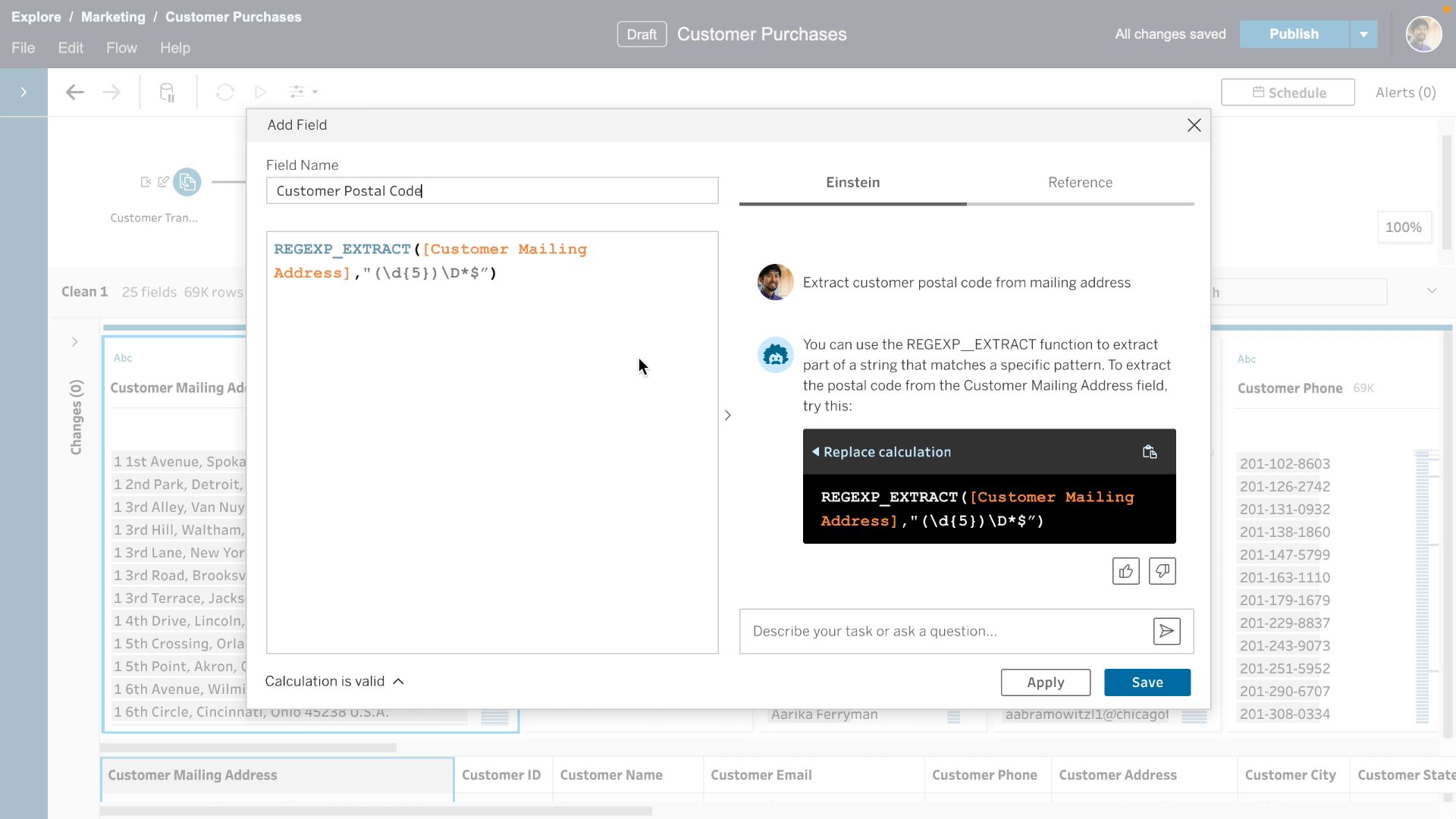
Einstein Copilot for Tableau
Einstein Copilot for Tableau brings the power of AI analytics, reducing the barrier to entry and working alongside the analyst—from data preparation to visualization. Whether you're an experienced data analyst or just starting your journey in data exploration, Einstein Copilot for Tableau becomes your trusted companion, empowering you to unlock insights and make informed decisions with confidence.
Einstein Copilot for Tableau features in web authoring available August 2024.
*Einstein Copilot for Tableau currently supports US English.
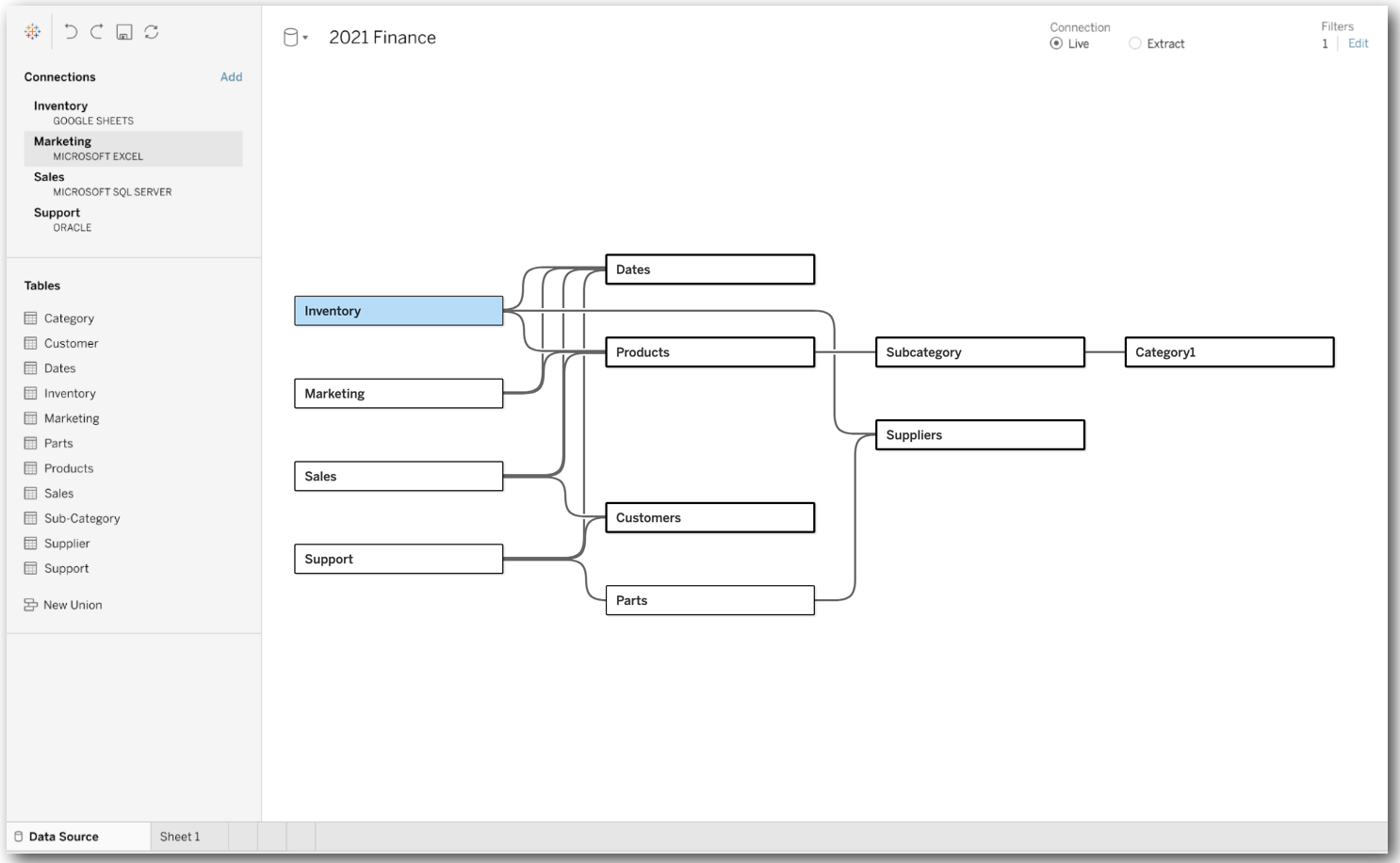
Multi-fact Relationships
Analysts can bring in disparate datasets and relate them with common tables that have shared dimensions, such as geography and time, so they can answer sophisticated analytic questions easily. Tableau provides analytic guidance on how to leverage the underlying data model.
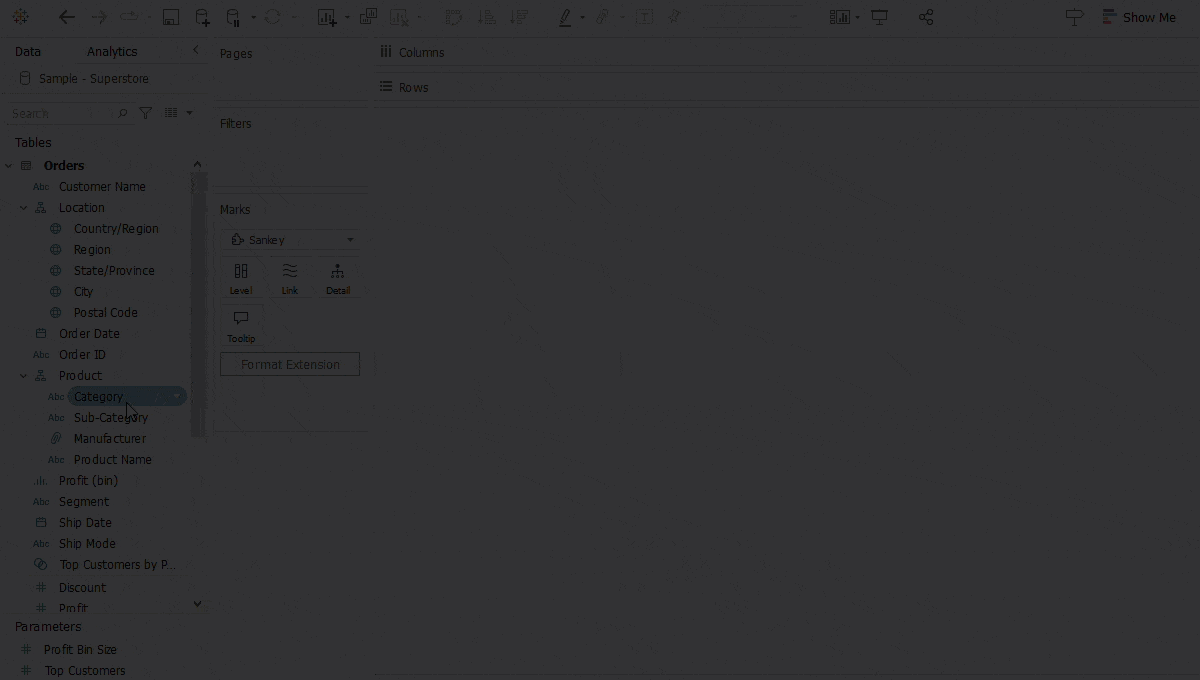
Viz Extensions
Viz Extensions broadens the capabilities of what Tableau can visualize, adding more tools for people to explore insights and present information in entirely new designs and layouts.
A top voted idea on the Tableau Community Forums.
All Features
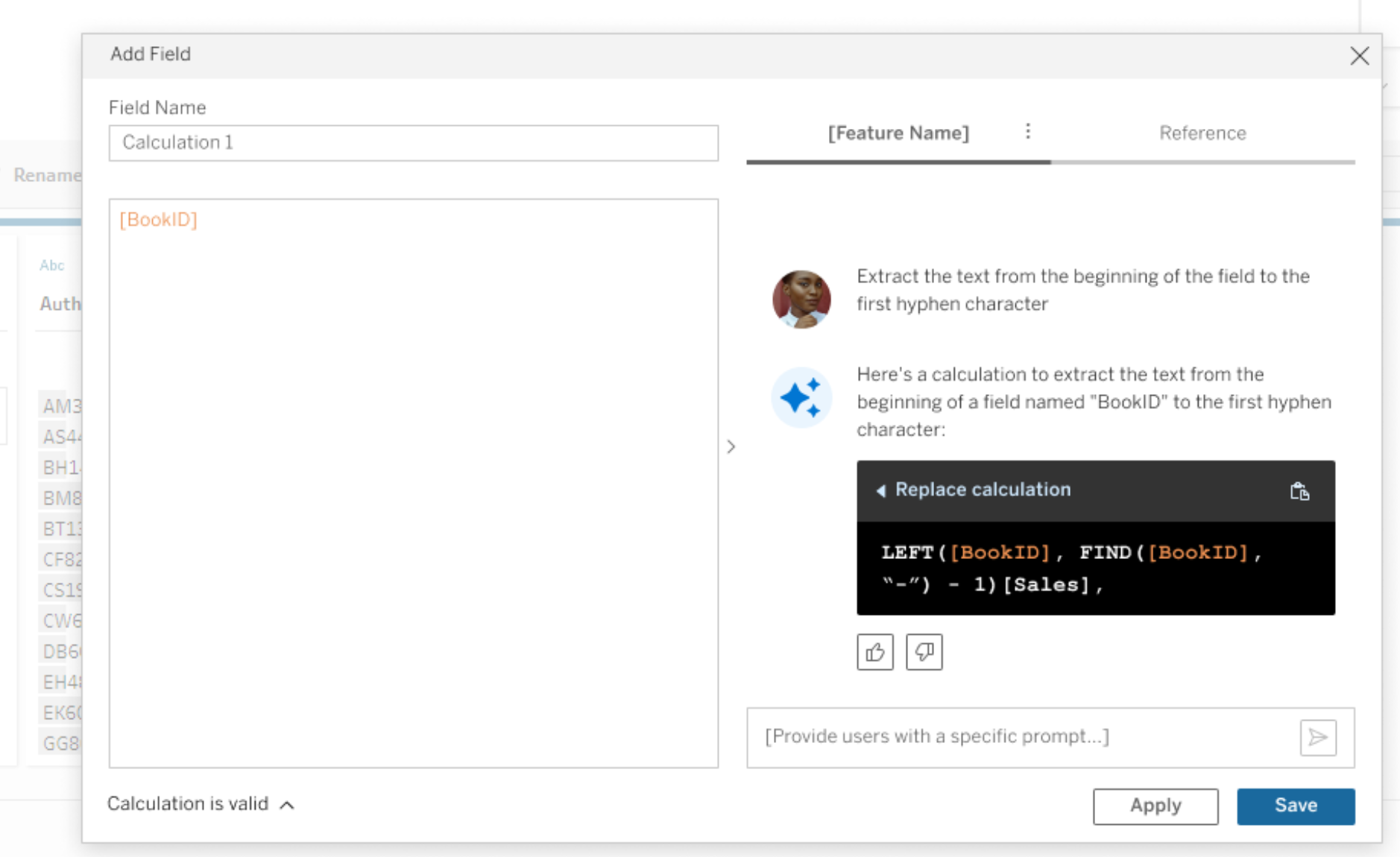
Einstein Copilot for Tableau: Prep
With Einstein Copilot for Tableau, data preparation is faster and easier for analysis. Einstein simplifies the task by enabling both technical and non-technical users to create calculations easily using plain language. Users can simply describe a calculation, and Einstein will assess the formula for them. This lets you add powerful calculated fields to your Prep flows with just one click.
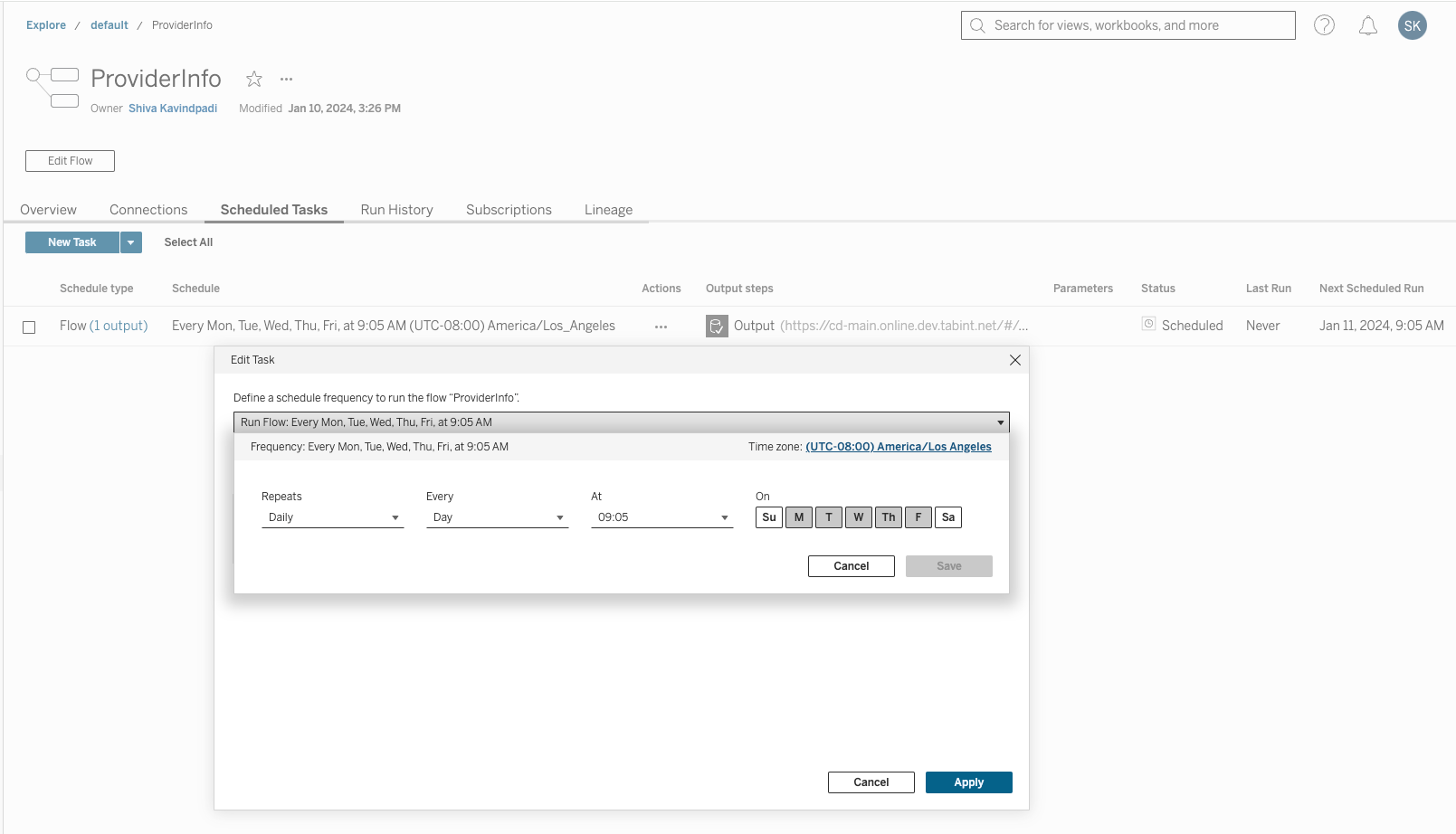
Custom Schedules for Prep Conductor
Streamline data management processes with enhanced flexibility in scheduling data preparation flows with Tableau Prep Conductor.
Tableau Prep Write to S3
Enhanced data storage and analysis procedures to achieve greater efficiency by directly writing to CSV and Parquet files on Amazon S3.